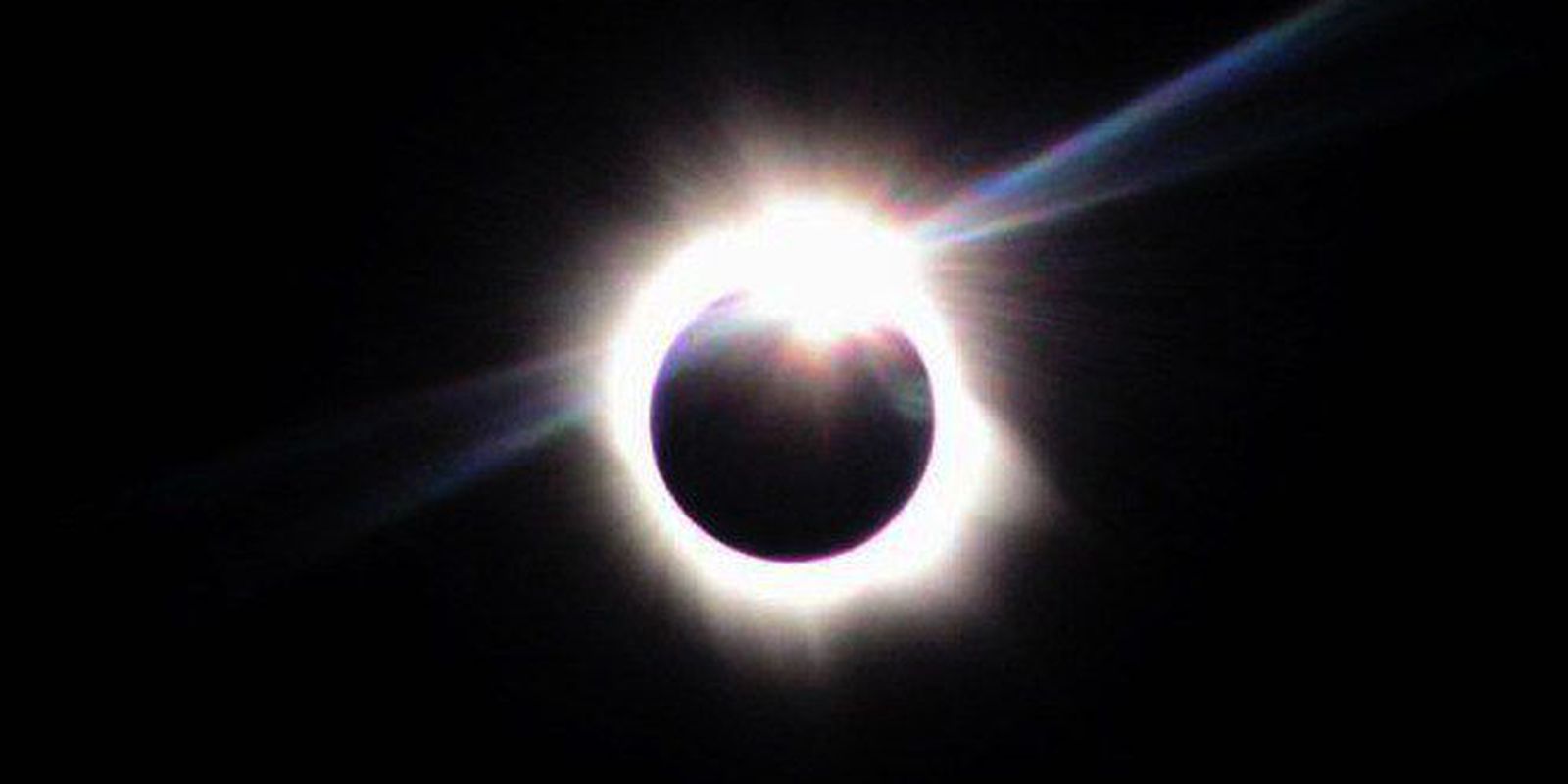Few will see it with their own eyes, but many will be able to follow – in National Observatory page on Youtube – the solar eclipse in remote regions of the planet. It will be this Saturday afternoon (30).
The phenomenon can only be observed by those who are in the southern part of South America, especially at the extreme of the continent, where the eclipse will be more intense, covering between 40% and 54% of the Sun’s disk.
According to the National Observatory, the eclipse can also be seen in parts of Antarctica and in the southern part of the Pacific and Atlantic oceans.
This is the first of two solar eclipses predicted for this year – neither observable in Brazil. It will start at 15:45 (Brasília time).
The live broadcast, from the National Observatory, will start a little earlier, at 3 pm. There, astronomy lovers will have many attractions, promises astronomer Josina Nascimento.
In addition to explaining how eclipses occur, it will provide images of another solar phenomenon, seen from Mars. “These are images obtained from the Martian point of view, captured by the Perseverance rover, which is on Mars. The video shows the moment when the moon Phobos passed in front of the Sun. It’s a must,” he told Brazil Agency the astronomer.
Moon between the Sun and Earth
According to the National Observatory, solar eclipses occur when the Moon comes between the Sun and Earth, casting a shadow on the planet. The darkest shadow, where all sunlight is blocked, is called the umbra. Around the umbra is defined the lightest shadow, the penumbra, where sunlight is partially blocked.
If the observer is in the narrow band of Earth hit by the umbra, he will see the total eclipse. If you are in the area affected by the penumbra, you will see it as partial. “And in cases where there is no definition of the umbra, like the 2022 solar eclipses, we only have a partial eclipse.”
On average, a total eclipse of the Sun occurs every 18 months, but because they are visible only in a narrow range over Earth, they seem very rare.
Care for observation
The observation of solar eclipses should never be done with the naked eye, nor with sunglasses, X-ray plates or photographic films, because the brightness and heat of the Sun can seriously damage the retina.
A suggestion given by specialists is that those interested in making this type of observation look for the so-called solder glass in hardware or building materials stores. The tint of this glass must be at least 14. The glass must be placed in front of the eyes for a safe observation of the Sun.
Other retransmissions
In view of the great interest caused by astronomy, the National Observatory has made several livesin which he comments on possible phenomena that are occurring.
The rebroadcast of the solar eclipse will not be the only one this Saturday. Earlier, at 4 am, Josina will make another broadcast, in which she will show images and comment on the conjunction between the two brightest planets: Jupiter and Venus.
As the phenomenon will continue for the next few days, another live, at the same time, Sunday (1st). “At lives about this conjunction will be very special because they will show something that is not visible to the naked eye: Neptune’s participation in this alignment,” she said.
“This will be possible because we will show images captured from the telescopes of professional and amateur astronomers, partners of the Observatory”, he added.
Every lives will be broadcast on the National Observatory’s Youtube page. To access it, Click here.















